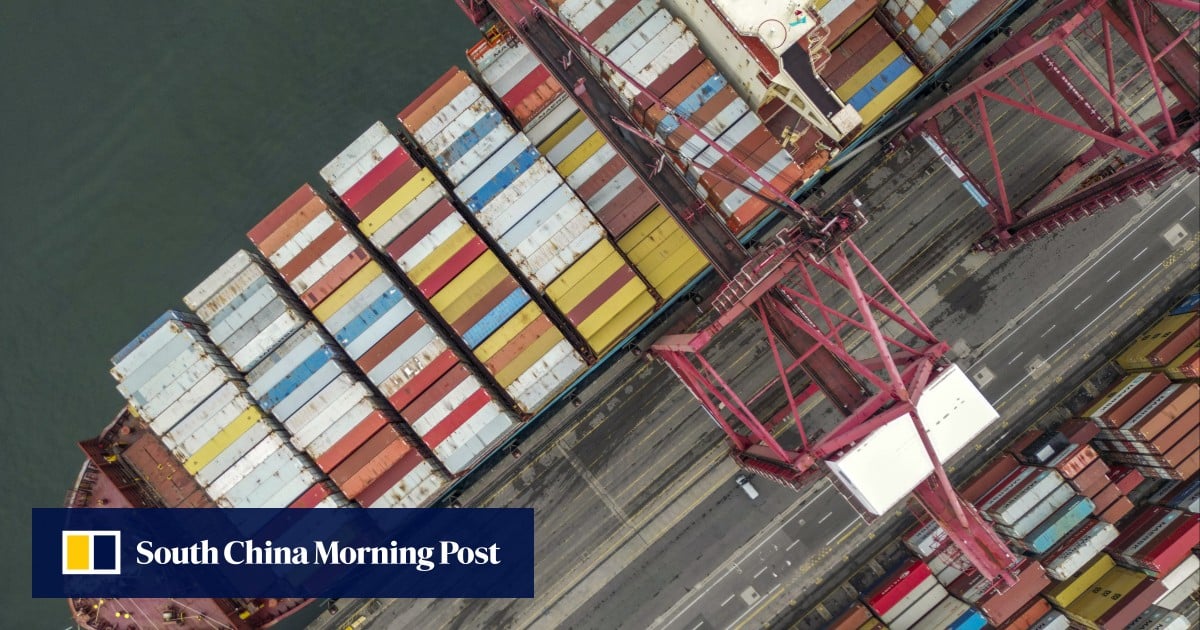Japan's exports fell in July for the first time in nearly 2-1/2 years, driven by weak demand for light oil and chip-making equipment and raising concerns about a global recession as the demand in key markets such as China weakens.
China's economic slowdown, marked by falling consumer prices, a deepening real estate crisis, and a slump in exports, has alarmed international leaders and investors, causing Hong Kong's Hang Seng Index to fall into a bear market and prompting major investment banks to downgrade their growth forecasts for China below 5%.
Thailand's tourism and exports, particularly in the chemical and plastic sectors, are expected to decline due to the economic slowdown in China caused by the real estate crisis, leading to a significant decrease in the number of Chinese tourists visiting Thailand and affecting the country's overall economy.
Profits at China's industrial firms fell for a seventh consecutive month in July, declining by 6.7% year-on-year, as weak demand and a faltering post-pandemic recovery continue to squeeze companies in the world's second-largest economy.
Vietnam's exports have declined for the sixth consecutive month due to weaker global demand and China's deteriorating economic outlook, posing a risk to the country's GDP growth target.
South Korea's exports are likely to have fallen for the 11th consecutive month in August due to a slower Chinese economy and weakening demand in other regions.
China's exports are expected to contract at a slower pace in August, with a projected fall of 9.2%, as manufacturers continue to face pressure due to weak overseas demand and a shrinking labor market.
U.S. manufactured goods orders experienced a significant 2.1% decline in July, the first drop in four months, due in part to higher interest rates impacting business equipment spending.
China's imports and exports experienced a monthly decline in August, with exports falling by 8.8% and imports falling by 7.3%, indicating ongoing challenges despite some slight improvement.
Hong Kong stocks, including SMIC, Tencent, and JD.com, dropped as weak China trade data and a depreciating yuan put pressure on the market.
China's total import and export value in the first 8 months of this year slightly decreased by 0.1 percent compared to the previous year, but exports have continued to grow and the global market share remains stable, highlighting the overall stability of China's foreign trade operations.
Singapore's annual exports fell for the 11th consecutive month in August, declining by 20.1% as the trade-dependent economy struggles with global headwinds and declining demand, indicating that export stabilization is not yet within reach.
Hong Kong has lost its position as the world's freest economy to Singapore, according to a report by the Montreal-based Fraser Institute, which attributed the fall to erosion of impartiality in Hong Kong's legal system and judiciary.
Japan's exports to China declined for the ninth consecutive month in August, dropping 11%, due to weak demand and the suspension of seafood imports following the Fukushima Daiichi nuclear plant incident.
Hong Kong stocks plummet as the Federal Reserve's more hawkish stance and the yuan's continued weakness take a toll on the market.
